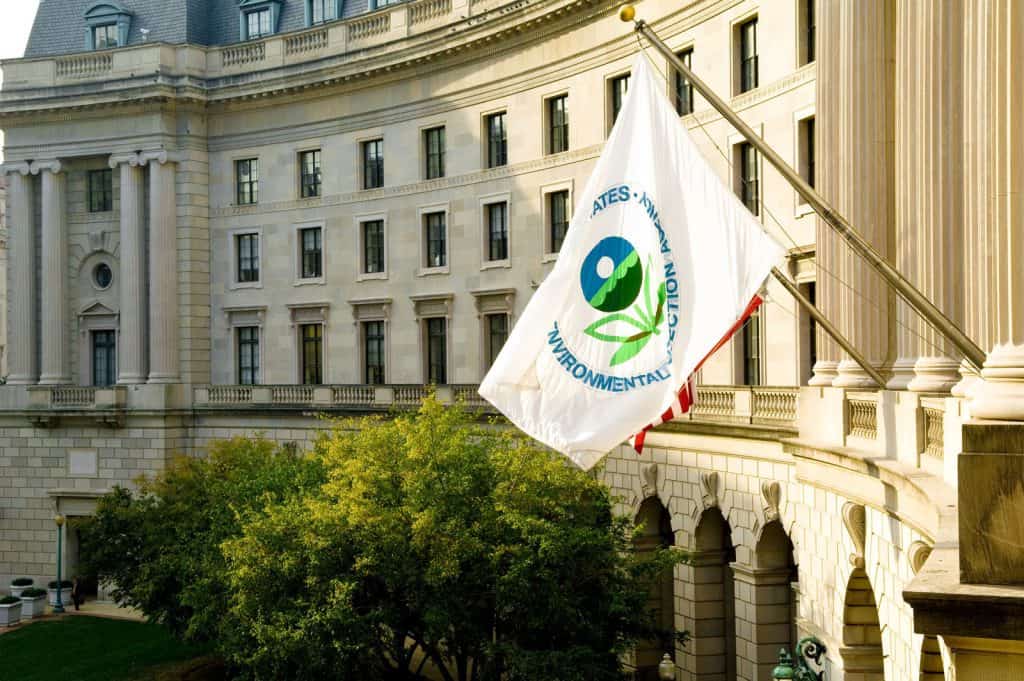
Information released this week shows that concerns by the Environmental Protection Agency about the PolyMet copper-nickel mine in northern Minnesota may have been suppressed by the agency.
WaterLegacy, a group that has been fighting the PolyMet proposal for several years, provided evidence on Tuesday that indicated EPA staff wanted to share written comments on the mine’s water pollution permit with regulators at the Minnesota Pollution Control Agency, but were blocked by superiors.
The EPA is responsible for ensuring federal environmental laws are obeyed in large projects like PolyMet. It is a “cooperating agency” in the PolyMet permitting process led by the Department of Natural Resources and Minnesota Pollution Control Agency.
In 2009, much earlier in PolyMet’s long environmental review, harshly critical comments from the EPA resulted in the state ordering a “do-over,” ultimately releasing a revised draft that attempted to address the federal agency’s concerns.
‘Complete breakdown’
The current controversy centers on the project’s National Pollutant Discharge Elimination System (NPDES) permit. According to the EPA, an NPDES permit “translates general requirements of the Clean Water Act into specific provisions tailored to the operations of each person discharging pollutants.”
Documents obtained by WaterLegacy from the MPCA through a public records request indicate that the staff were instructed to deliver their comments on the permit over the phone, with no official record.
“EPA scrutiny is essential to make sure that large industrial projects control their toxic water pollution,” said WaterLegacy Advocacy Director and Counsel, Paula Maccabee. “In the case of Minnesota’s controversial PolyMet sulfide mine, there has been a complete breakdown of EPA’s vital oversight role. “
Maccabee told the Timberjay that WaterLegacy initially tried to request the comments from the EPA, but was rebuffed. When the group asked the MPCA, they received handwritten notes about a phone conversation.
“The notes suggest that EPA officials had several concerns with the permits being proposed by the MPCA, including questions about the water quality standards being applied to the company’s water discharge permit,” the newspaper reported.
While WaterLegacy did not say who may have suppressed the comments, it did point out that they were prepared by staff working in the agency’s regional office in Chicago. That office is led by Regional Administrator Cathy Stepp, who served as Wisconsin’s Secretary of Natural Resources in the Governor Scott Walker administration from 2011 to 2017, earning a reputation for pro-business positions and reduced enforcement of environmental laws.
Investigation initiated
WaterLegacy sent the documents and a request to investigate the issue to three powerful members of Congress, including Betty McCollum, who was recently appointed as chair of the Interior, Environment, and Related Agencies Appropriations Subcommittee. The subcommittee includes the EPA in its funding jurisdiction.
McCollum responded quickly, pledging a full investigation.
“I will be requesting that the EPA release PolyMet-related comments prepared by EPA staff. The public deserves the right to know,” she said.
WaterLegacy also requested that the state of Minnesota delay any further action on the permit, which it issued in December.

